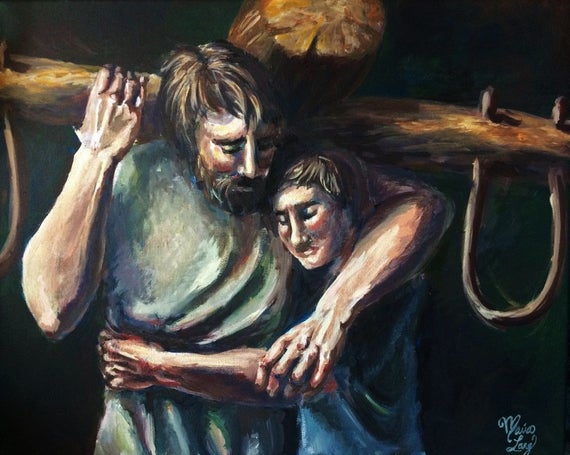Yoked to Jesus

“Come to me, all you who labor and are burdened, and I will give you rest. Take my yoke upon you, and learn from me; for I am gentle and lowly in heart, and you will find rest for your souls. For my yoke is easy, and my burden light.” † Mathew 11: 28-30 What is the labour and burden that Jesus is asking me to deal with? Perhaps I have to let go of the compulsive burden (or is it a sort of entitlement?) that my spouse and children should choose a spiritual path that I know to be right. Jesus accompanied Judas Iscariot to the very end but never deprived him of his freedom to choose his own destiny. Jesus on the other hand, uninterrupted by Judas's choice to reject him, continues to accomplish his mission. He does become a victim of Judas's betrayal but he seldom takes on the victim's identity. In divine wisdom, Jesus chooses to die in our place (and that of Judas) in a redeeming act of love. Rather than being compelled to fix those whom God has entrusted to my headship by m